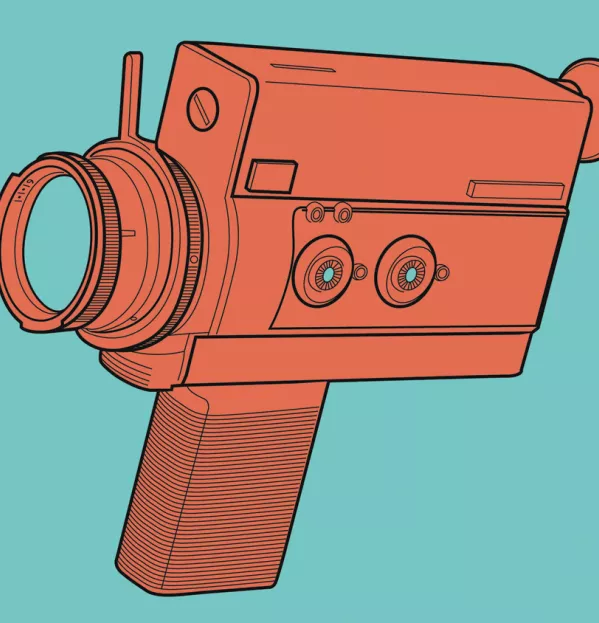It is often assumed that conducting serious research is something that only adults are able to do.
But I have evidence that children are far more capable in this area than adults generally give them credit for.
In a project that has now spanned more than five years, I have seen 10-year-old children conducting research within their communities - research that has gone on to make a significant contribution to our knowledge of contemporary society in India.
It began in 2010, when I proposed a project to the Australian Research Council. I suggested that small groups of children in India could choose topics of importance to them in their own families and communities. They would then explore those topics, using a video camera as their primary research tool. It would mean setting up video workshops lasting eight to ten weeks in different parts of India, involving children aged between 10 and 13. Some workshops would be in cities, others in rural areas. Some would involve middle class children, others, children from much poorer backgrounds.
Our aim was to engage children as equal partners-to discover what they could teach us about their own society and the changes occurring around them from their unique viewpoint.
One child wanted to show how girls were treated in Indian families compared to boys. Another wanted to discover how a local shop functioned. Other topics ranged from the commercial growing of flowers to pizza-making for foreign tourists. Taken together, they offered a surprising new perspective on Indian family and working life.
The children did all their filming outside school, either before or after classes or on weekends. Ethical issues are always present in filming - especially in work that involves children. We wanted to reduce the risk as much as possible, but without making the project unworkable.
Each child had to have the permission of a parent or guardian, but the decision to participate was theirs and they could withdraw at any time. It was agreed that the films they made would become public documents that could be seen by anybody.
If in 50 or 100 years’ time, a sociologist or historian is interested in Indian society in the early-21st century, the material will be there for them to study.
We are only beginning to discover the full potential of these films and how they might be used. They have so far attracted the interest of scholars in South Asian studies, the anthropology of childhood, media studies, and education. In primary and secondary schools, they may be useful in geography and arts education.
We hope they may be used in inspiring similar projects in student video production, encouraging children all over the world to carry out their own research on society.
Professor David MacDougall is a senior researcher at the Research School of Humanities and the Arts at the Australian National University, Canberra. The films, Delhi at Eleven, Eleven in Delwara, Eleven in Kolkata, and Ten and Eleven in Ladakh, are distributed in the UK by the Royal Anthropological Institute. For more information, go to the RAI’s website.
